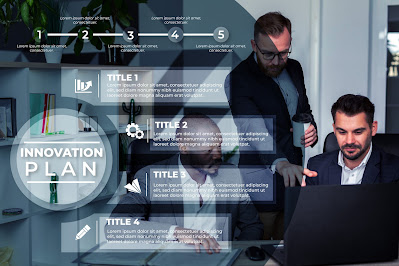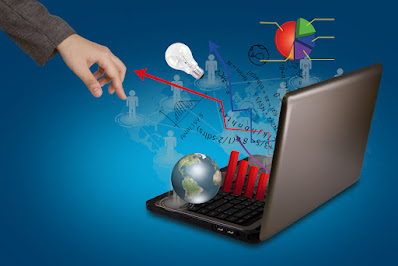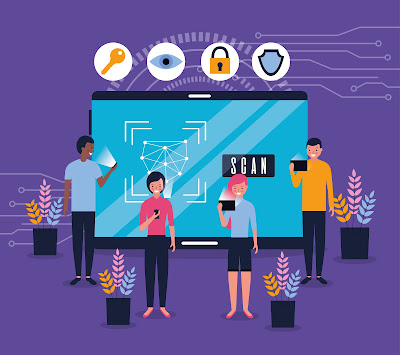Introduction
In the realm of mobile app development, the importance of starting with a solid design cannot be overstated. The design phase sets the foundation for the entire project, ensuring that the end product is not only functional but also user-friendly and visually appealing. Whether you are an Android app development company or a mobile app development company focusing on cross-platform solutions, the design phase is critical for success. This article explores the reasons why starting with the design is essential and the benefits it brings to the development process.
User-Centric Approach
One of the primary reasons to start with design is to adopt a user-centric approach. Understanding the needs, preferences, and pain points of the target audience is crucial for creating an app that resonates with users. The design phase allows developers and designers to create user personas, conduct market research, and gather insights that will guide the development process. By prioritizing the user experience (UX) from the outset, an Android app development company can ensure that the app is intuitive, engaging, and meets the expectations of its users.
Improved User Experience (UX)
A well-designed app provides a seamless and enjoyable user experience. During the design phase, developers can create wireframes and prototypes to visualize the app's layout and functionality. This process helps identify potential usability issues and allows for iterative improvements. A mobile app development company that invests time in refining the UX during the design phase can avoid costly changes later in the development process. Moreover, a positive user experience leads to higher user retention and satisfaction, which are key metrics for the success of any mobile app.
Visual Appeal and Branding
The design phase is also crucial for establishing the visual identity of the app. Consistent branding and a visually appealing interface contribute to the overall perception of the app. Design elements such as color schemes, typography, icons, and images should align with the brand's identity and create a cohesive look and feel. An Android app development company can leverage the design phase to create a unique and memorable visual experience that sets the app apart from competitors. A strong visual appeal not only attracts users but also reinforces brand recognition and loyalty.
Clear Communication of Ideas
Design acts as a bridge between conceptual ideas and tangible products. During the design phase, developers, designers, and stakeholders can collaborate to visualize the app's features and functionality. This process ensures that everyone involved has a clear understanding of the project's scope and objectives. By using design tools such as wireframes, mockups, and prototypes, a mobile app development company can communicate ideas effectively and gather valuable feedback early in the process. This collaborative approach minimizes misunderstandings and aligns the team towards a common goal.
Early Identification of Issues
Starting with design allows developers to identify potential issues and challenges early in the development process. By creating detailed wireframes and prototypes, an Android app development company can simulate the app's user journey and test various scenarios. This proactive approach helps identify usability issues, technical constraints, and design flaws that may arise during development. Addressing these issues during the design phase is more cost-effective and less time-consuming compared to making changes during the later stages of development.
Efficient Development Process
A well-defined design serves as a blueprint for the development team. It provides a clear roadmap and reduces ambiguity, allowing developers to focus on coding and implementing features. When the design phase is thorough and detailed, it minimizes the risk of scope creep and ensures that the project stays on track. A mobile app development company that starts with design can streamline the development process, resulting in faster turnaround times and more efficient resource allocation. This efficiency translates into cost savings and a higher return on investment for clients.
Enhanced Collaboration and Feedback
Collaboration and feedback are integral to the success of any mobile app development project. The design phase facilitates open communication and collaboration among team members and stakeholders. By involving clients and end-users in the design process, an Android app development company can gather valuable insights and incorporate feedback into the app's design. This iterative approach ensures that the final product aligns with user expectations and meets business objectives. Additionally, early feedback helps prevent major redesigns later in the development process, saving time and resources.
Flexibility and Adaptability
Starting with design provides flexibility and adaptability in the development process. During the design phase, changes and iterations can be made with minimal impact on the overall project timeline and budget. This flexibility allows a mobile app development company to experiment with different design concepts, test new ideas, and refine features based on user feedback. By embracing an agile approach to design, developers can create a more responsive and adaptive app that can evolve with changing market trends and user needs.
Conclusion
In conclusion, the development of a mobile app should always start with the design phase. This approach ensures a user-centric focus, improves the user experience, and establishes a strong visual identity. It facilitates clear communication, early identification of issues, and a more efficient development process. Furthermore, starting with design enhances collaboration, feedback, and flexibility, ultimately leading to a more successful and well-received app. Whether you are an Android app development company or a mobile app development company offering cross-platform solutions, investing time and resources in the design phase is essential for creating high-quality, user-friendly, and visually appealing mobile apps.
Read also here: Why the development of a mobile app should start with the design





